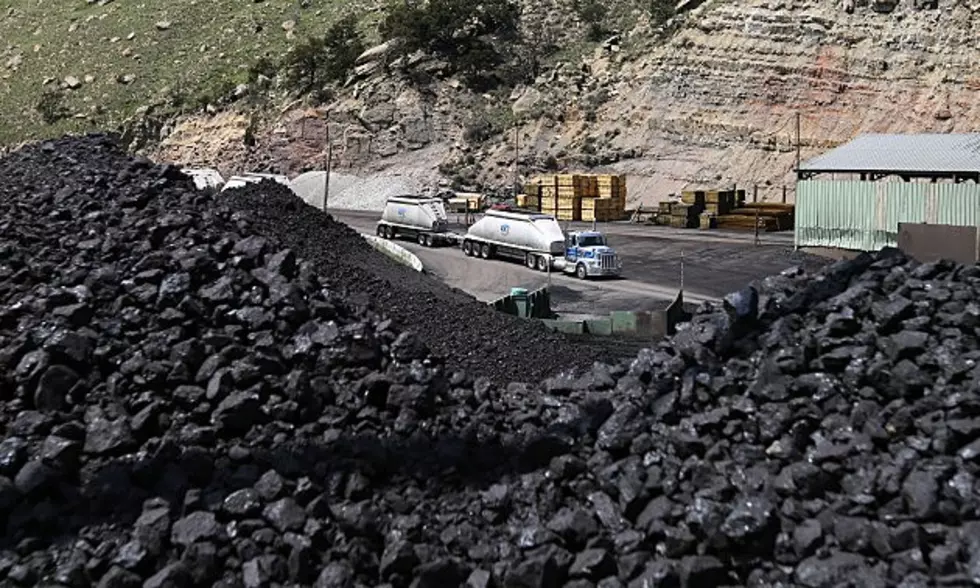
UM Study Shows Plants Absorb Less CO2 Emissions Than Models Show
A new study at UM has found that global plant growth hasn’t increased much as scientists formerly predicted. Associate Professor Cory Cleveland said plants are experiencing water stress due to climate change and a lack of carbon dioxide, resulting in lack of not just water, but nutrients, too.
"We basically suggested that in order for plants to really grow more under higher atmospheric CO2 concentrations, there has to be an ample supply of soil nutrients to fuel that growth," Cleveland said. "The satellite data I think suggests that what's happening is that plants are not growing as much as the models are predicting, likely reflecting the fact that there's just not enough water and not enough nutrients to supply for that."
Researchers identify two important factors that could drive the divergence between satellite-based results and model-based results: availability of water and availability of nutrients. Satellite data indicate warmer climate conditions resulting from rising atmospheric carbon dioxide may increase stress in plant water, counteracting any positive effect of carbon dioxide. Additionally, limited availability of nitrogen and phosphorus in the environment also could limit the ability of plants to soak up additional carbon dioxide.
Cleveland said "it’s up to us" to regulate how much carbon dioxide plants are taking in.
"The only way to really ensure that rates of CO2 are not going to continue to accumulate or even accelerate in the atmosphere is to actually reduce emissions of CO2," Cleveland said. "Plus, in the future, by absorbing more and more of our carbon dioxide emissions. I think that what this study points to is that we can't really rely on plants to do that."
Cleveland said action needs to be taken to reduce carbon emissions in the atmosphere. He said current climate models do not accurately predict future plant growth and suggest that allowable emissions targets based on these models may need re-evaluation
More From KMMS-KPRK 1450 AM
![[PHOTOS] Excited Bobcat Fans Welcome College Gameday to Bozeman](http://townsquare.media/site/15/files/2022/11/attachment-Gameday-Bus.jpg?w=980&q=75)

![[POLL] Should Schools Stay Closed to End of School Year?](http://townsquare.media/site/8/files/2019/10/RS23510_GettyImages-486325400-scr.jpg?w=980&q=75)

![[POLL] Should Schools Stay Closed to The End of The School year?](http://townsquare.media/site/8/files/2020/04/RS15777_479986578-scr.jpg?w=980&q=75)
![[POLL] Will You Try The No Meat Impossible Hamburger?](http://townsquare.media/site/8/files/2019/10/RS1568_158483936.jpg?w=980&q=75)



